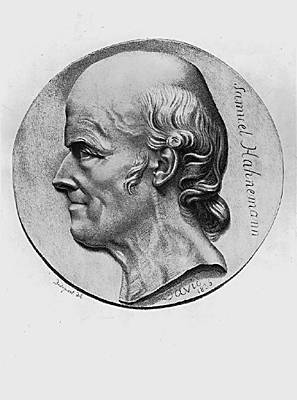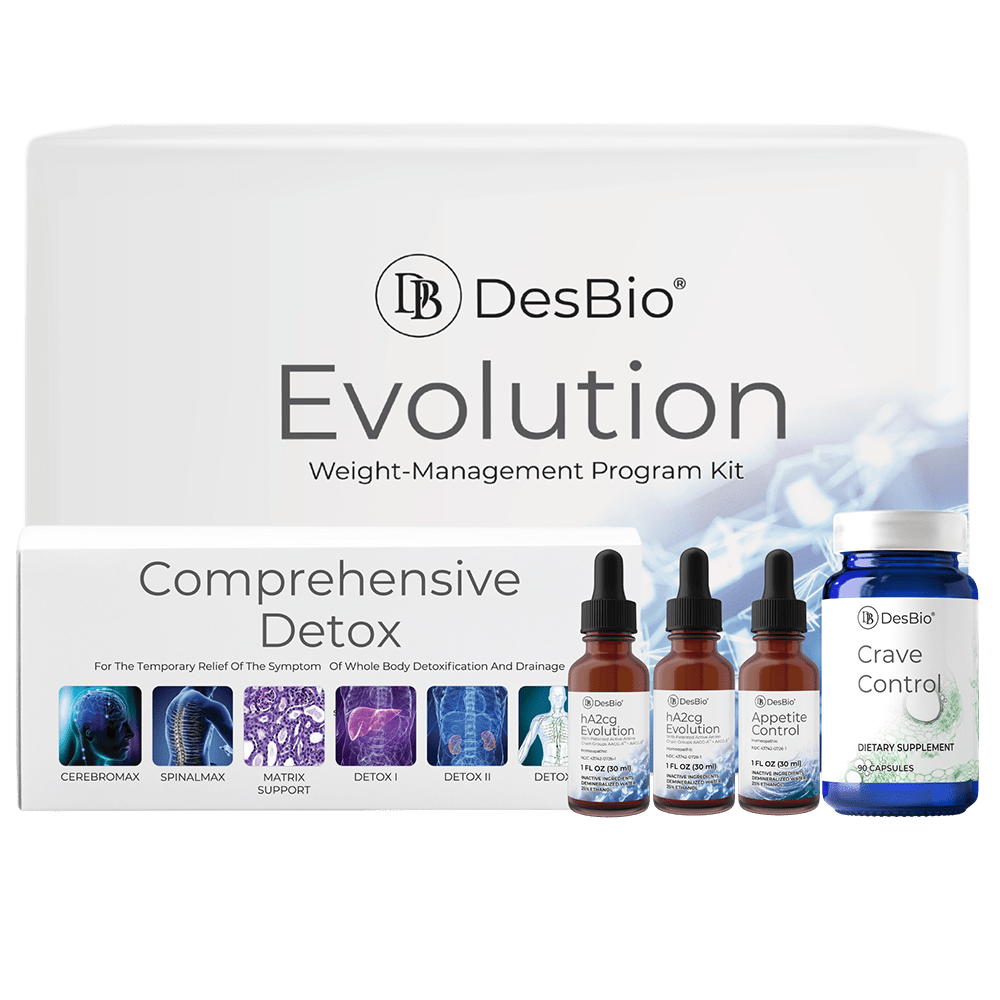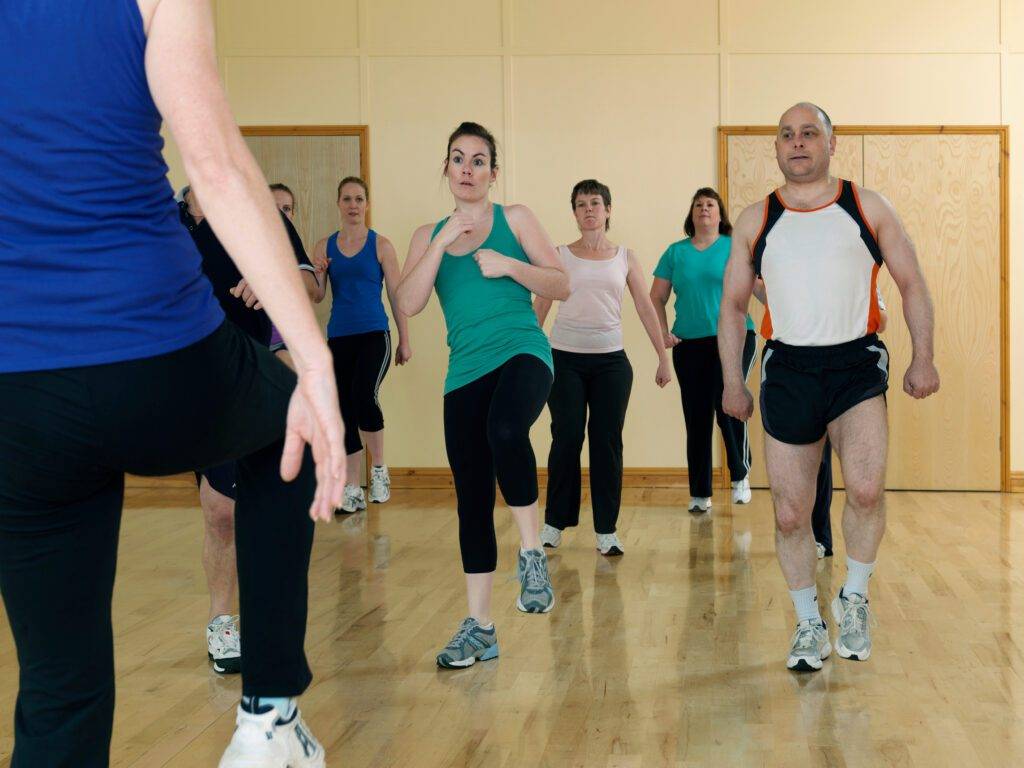Are you frustrated with the quick-fix diets’ false promises of rapid weight loss? It’s time to explore a holistic approach that supports you in your weight loss journey and ensures overall well-being without compromising your health. Enter homoeopathy- a gentle yet powerful system of medicine that targets treating a person, not the symptoms. In this blog, we’ll delve into what homoeopathy remedies are, how they work, whether homoeopathy is effective, and what their vital role is in achieving sustainable weight loss. Additionally, we will delve into Desbio products and their relevance.
So it’s the time to say goodbye to yo-yo dieting and hello to a healthier, more balanced you!
Homeopathy Definition?
Homoeopathy is a medical system—other than normal pharmaceuticals—based on or composed of natural substances derived from plants, minerals, and animal products that have been diluted and succussed (shaken vigorously) to create treatments that stimulate the body’s self-healing processes. The core principle behind homoeopathy is “like-cures-like,” meaning that a substance causing symptoms in a healthy individual can be used in diluted forms to treat similar symptoms in someone who is ill by triggering the body’s natural defences.

HOMEOPATHY-DEFINITION + HOW DOES HOMEOPATHY WORK
How does Homeopathy work?
Homeopathy is a traditional holistic system of medicine that aims to stimulate the body’s natural healing processes. The more than 200-year-old medical system works on the principle of “likes cures likes,” meaning that a substance causing symptoms in a healthy person can be used in a diluted form to treat similar symptoms in someone who is ill or suffering from some disease.
For instance, in very simple terms, exposure to poison ivy leads to itchy and blistering rashes. In the reign of homoeopathy, a highly diluted preparation of poison ivy is used to treat skin irritation and rashes that resemble the symptoms caused by the plant.
How are Homeopathy Medicines Made?

How are Homeopathy Medicines Made?
You might have multiple questions, it’s most likely you know or have some ideas like pharmaceutical drugs are made in labs by adding various chemicals and so on. But how is this traditional holistic approach to healing made? Let’s break down how homeopathy is made in an engaging and easy-to-understand way. The preparation of homoeopathic medicines involves several key steps:
- Selection of substance: A natural substance is chosen based on its potential therapeutic effects. Homeopathic medicines can be derived from various sources, including plants, minerals, and animal products. For example, Allium cepa(red onion) can be used to create a homoeopathic remedy.
- Dilution: At the heart of homeopathy is the process of creating remedies through dilution. This means the selected substance is repeatedly diluted in water or alcohol. For instance, to create a D1 potency, one part of the mother tincture (the original extract) is mixed with nine parts of solvent and then vigorously shaken. This process is repeated for higher potencies (D2, D3, etc.) by taking one part of the previous dilution and remixing it with nine parts of solvent.
- Succussion: The diluted substance is vigorously shaken to enhance its healing properties; it’s not regular shaking. This step is believed to imprint the healing properties of the original substance onto the diluent.
- Potentization: This step may be repeated multiple times to achieve higher potencies. Homeopathic remedies can be prepared using different potency scales:
- Centesimal Scale (C): Involves diluting one part of the substance with 99 parts of solvent (1:100 ratio).
- Decimal Scale (D): Involves diluting one part of the substance with nine parts of solvent (1:10 ratio).
- Millesimal Scale (M): A more refined dilution method used for higher potencies
- Formulation: The final product can be prepared in various forms, such as pellets, tablets, or liquid tinctures.
This meticulous process ensures that homeopathic remedies are both safe and effective for use.
From where does Homeopathy originate?
You are not the only health enthusiasts who are dissatisfied with medical practices and slogans of your time. In the late 18th century, there was also a German physician, Samuel Hahnemann (1755-1843), who was dissatisfied with his time’s medical practices, e.g., Leeches.

Samuel Hahnemann’s work laid the foundation for homeopathy, a formal system of medicine. Hahnemann’s approach was based on the principle of “like cures like,” in which he discovered that a small amount of substance that caused symptoms in a healthy person could be used to treat similar symptoms in those who were ill or suffering from a disease.
You will even be surprised to learn that the concept of Homeopathy can be traced back to ancient times, with roots in the ideas of Greek physician Hippocrates. But the real title goes to Hahnemann, who systematized it into a coherent method of treatment.
Are Homeopathy Remedies Effective?
Research is mixed. Some studies show that homeopathic remedies are helpful, while others don’t. However, the medical system with over 200 years of history and main body in Germany.
However today, homeopathy is practiced worldwide and has evolved into various schools of thought, but its origins remain firmly rooted in Hahnemann’s innovative approach to health and healing.
Is Homeopathy regulated?

In 1938, the US Congress enacted a law under which homeopathic products are treated in the same way as non-prescription or over-the-counter (OTC) drugs by the US Food and Drug Administration (FDA). This means that a homeopathic medicine can be bought over the counter, and this will not require a doctor’s recommendation. In contrast to traditional prescription drugs and newly introduced OTC drugs, before homeopathy drugs and products can be sold out, they do not need to pass through clinical trials and FDA scrutiny. They can only be produced to minimum legal strength, quality, purity, and packaging requirements. In 1988, the FDA said that to protect the consumers, all homeopathic medicines should include in the label the diseases they are intended for. The FDA also needs the label to contain a list of ingredients, dilutions, and installation procedures of the product.
Homeopathic medicines regulation is described in an official manual known as the Homeopathic Pharmacopoeia of the United States, prepared by a nongovernmental, nonprofit organization of industry representatives and homeopathic specialists. The Pharmacopoeia also contains provisions for the experimental introduction of new remedies and reference checks of curing efficacy.
The Role of Homeopathy in Sustainable Weight Loss

Come to the main issue, weight loss management. Homeopathy can significantly contribute to sustainable weight loss through various mechanisms:
- Addressing Underlying Causes: Some of the homeopathic remedies are known to address other conditions like hormonal imbalances, binge eating and metabolic disorders much as the remedies are an effective treatment for IBS. For instance, medicines such as Calcarea Carbonica may be recommended for use for people with thyroid related disorders that cause weight gain.
- Stimulating Metabolism: It is also cuts that have been thought to act as metabolism boosters and fat burners in homeopathy. For instance, Fucus vesiculosus has actions for the thyroid gland and for increasing metabolic rates.
- Reducing Cravings: It is because the process of craving eating is based on some emotions, and homeopathy acts on these emotions successfully. When the weight gain is a result of stress or depression, there are remedies such as Natrum mur that the practitioner can recommend.
- Holistic Approach: Taking account of one’s health state, both physical and emotional, homeopathy can therefore be seen to encompass a wider range of Weight loss management options than conventional methods.
Is Homeopathy effective for weight loss?
The efficacy of some homeopathic remedies for weight loss is in dispute among scientists as well as other practitioners. Although there are works that state that it would have positive effects, some state that the benefits could be because of the placebo effect. Still, most people claim that the use of homeopathic remedies in conjunction with diet and exercise is effective.
Does Homeopathy Work or Not?
Yes, homeopathy can be an effective tool for weight management when used appropriately.It supports people, giving them the option to take better care of their health as well as focusing on certain ailments that lead to gaining weight. One thing with homeopathy is that a person can always see a homeopath to be asked about one’s problems and then be treated accordingly.
The Role of Desbio Products for Weight Management

Desbio offers a range of homeopathic products designed to support weight loss and overall wellness. They used constituents in their formulations that address metabolic areas and detoxification which fits well with the homeopathic approach. For example:
- Desbio’s HA2cg Starter Package: This product also involves homeopathic drops aimed for appetite suppressants and metab. It also offers an extensive quick weight loss nutritional guide to assist in the discharge of resulting toxins.
- Detoxification Products: Desbio reports implementing detox products that work together with weight lose products to enhance toxin elimination and digestive system work. These products are very important to undertake while on a particular diet since they cater to instances where one is stuck for a long time due to the accumulation of toxins in the body.
The use of Desbio products can improve the results of homeopathic therapies with the help of its inclusion in an individual weight reduction program.
Final thoughts
Homeopathy offers a promising approach to sustainable weight loss by focusing on holistic health and personalized treatment plans. By integrating lifestyle changes with homoeopathic remedies and considering products like those from Desbio, individuals can embark on a journey toward improved health and well-being. If you’re considering homoeopathy as part of your weight loss strategy, consult with a qualified practitioner to ensure you receive tailored care that meets your needs.
FAQs
Q1. What are the common homeopathic remedies used in an endeavour to lose weight?
A: Some common remedies are Calcarea carbonica, Lycopodium, and Natrum mur, which correspond to different causes of obesity.
Q2. How long does it take to see results from homeopathic remedies?
A: People can get different results. It is possible to see changes within weeks after starting the medication, but it depends on the particularities of the patient’s condition.
Q3. Can I depend on homeopathy alone when it comes to losing some weight?
A:Homeopathy can complement weight loss efforts; however, weight loss management will be most beneficial if a patient takes the medications in conjunction with changes in eating habits and an exercise regime.
Q4. Do ant homeopathic remedies cause any side effects?
A: Despite being categorized under the Complementary and natural medicine homeopathic remedies have been known to have negligible side effects because the majority of them are in high dilution.
Q5. What should one do in order to get the correct homeopathic remedy for decreasing pounds?
A: Self-prescription of homeopathic remedies is strictly prohibited because each remedy must be prescribed based on the patient’s current state of health and symptoms.
Q6: Are Desbio Products are homeopathic?
A: As Desbio stated on its official website, “DesBio empowers practitioners and their patients through targeted supplements and homeopathic remedies. DesBio is more than just a product.” So, the answer lies in it.
Bibliography
Britannica. (n.d.). Homeopathy. Retrieved January 20, 2025, from https://www.britannica.com/science/homeopathy
U.S. Food and Drug Administration. (n.d.). Homeopathic products. Retrieved January 20, 2025, from https://www.fda.gov/drugs/information-drug-class/homeopathic-products
Better Health Channel. (n.d.). Homeopathy. Retrieved January 20, 2025, from https://www.betterhealth.vic.gov.au/health/conditionsandtreatments/homeopathy
National Health Service. (n.d.). Homeopathy. Retrieved January 20, 2025, from https://www.nhs.uk/conditions/homeopathy/
Agarwal, A. (2024). Homeopathic remedies for weight loss. Lybrate.
DrFeder.com. (n.d.). How homeopathic medicines are made. Retrieved January 20, 2025, from https://drfeder.com/homeopathic-medicines-made
Mount Sinai Health Library. (n.d.). Homeopathy information. Retrieved January 20, 2025, from https://www.mountsinai.org/health-library/service/homeopathy
Mathie, R.T., et al. (2019). Homeopathy—where is the science? PMC. Retrieved January 20, 2025, from https://www.ncbi.nlm.nih.gov/pmc/articles/PMC1234567/
Desbio. (n.d.). Understanding homeopathy: An introduction to Desbio homeopathics. Retrieved January 20, 2025, from https://desbio.com/understanding-homeopathy-an-introduction-to-desbio-homeopathics/























